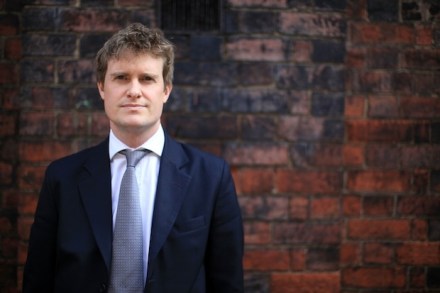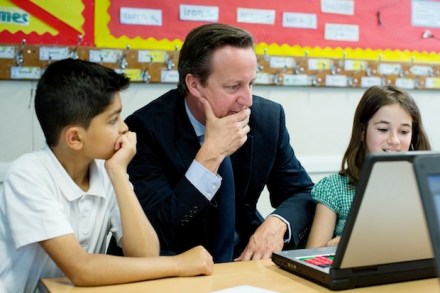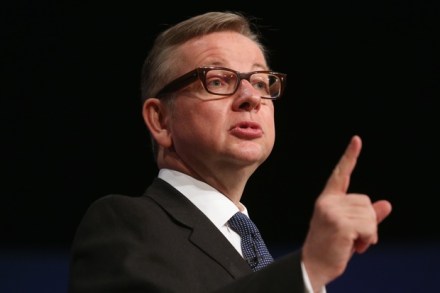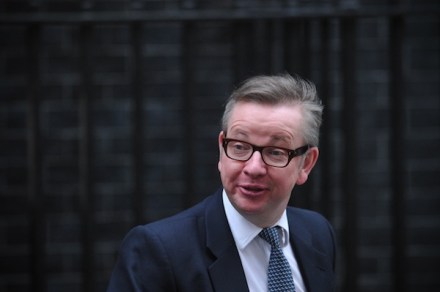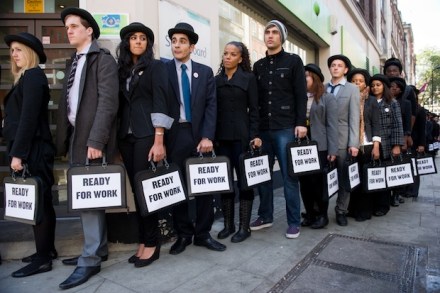Genes do influence children, and acknowledging that can make schools better
Every September teachers up and down the land welcome new classes of children. Each child they see in front of them is visibly unique and will present them with different challenges as the year progresses. Some will learn easily and well while others will find learning new skills difficult and need additional support. Some, especially the youngest ones, will need the adults in the classroom to help them with reading and numbers, others with concentrating and sitting still, and still others with making friends. Particularly vulnerable children may need help in all of these areas. Children differ and it is important therefore that schools provide equal but different opportunities for





